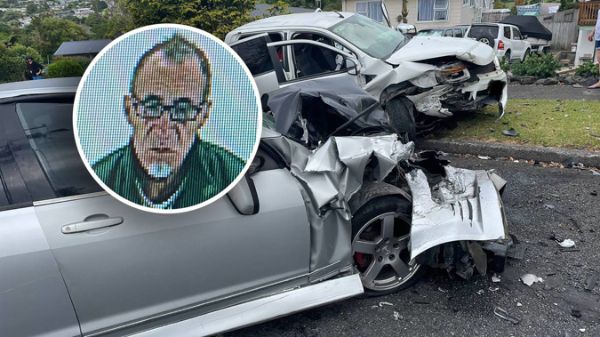The Government Should Require Compulsory Treatment For Repeat Drunk & Drugged Drivers

The government needs to urgently create a secure and caring environment for drivers who repeatedly offend while on drink or drugs, says the car review website dogandlemon.com.
Editor Clive Matthew-Wilson, who is an outspoken road safety campaigner, was commenting after Peter Leonard Thomas Stringfellow, 54, was sentenced to nearly four years’ prison for a drunk-driving crash that left an eight-year-old boy with permanent disabilities.
Matthew-Wilson says addicted offenders who aren’t treated, frequently reoffend once they leave prison.
“This is Stringfellow’s 11th conviction. Clearly, he has learned nothing. The chances are high that he will reoffend when he leaves prison. It’s insane that repeat offenders are allowed to repeat their offending, even after the terrible harm they’ve caused.”
Matthew-Wilson, who has studied dozens of similar cases, adds:
“All prison does is postpone the offender’s next disaster. Within a few weeks or months of leaving prison, these offenders frequently repeat the same pattern and the results are often fatal.”
“I’m not excusing the terrible things these offenders have done. There is clearly a need for these offenders to be locked up until they’ve dealt with their addiction. However, prison is just about the worst place for a person with a serious addiction.”
“Typically, these offenders have had horrific childhoods. Often these offenders’ brains are poorly developed due to a messy and fearful environment. At a time when normal kids were playing with toys and picture books, these offenders were often dodging blows from angry and blotto parents.”
“Coming from a violent household - or multiple households - means the child feels that he or she needs to be constantly on the alert for danger. Therefore the child never learns to trust. So everyone becomes a potential threat.”
“Such children often learn little or nothing at school. Instead they often copy the lifestyles of their parents. Cannabis, methamphetamine and alcohol seem an ideal way out of the pain of everyday life.”
“To an offender with serious drug or alcohol addiction, prison is much the same as their original family home: unpleasant, violent and constantly threatening.”
“One of the reasons that prison addiction programmes often don’t work is because these programmes are seriously under-resourced. The other reason is because prison is just about the worst possible place for an addicted offender to try and heal.”
Matthew-Wilson says drugged offenders should be locked up in a safe and nurturing environment and given the choice between staying there forever and dealing with their addiction.
“Let’s be real. There are going to be some offenders who never change. That’s okay; let’s keep them locked up so they can’t kill more innocent people. However, I believe that a large percentage of offenders will eventually turn their lives around if that’s their only hope of being released.”
Matthew-Wilson believes offenders need:
- A nurturing environment, where they learn basic life skills, including reading
- Appropriate treatment for mental health conditions
- Supportive addiction courses
- A work programme designed to transition them into a job when they are released from custody.


 Gordon Campbell: Gordon Campbell On The Folly Of Making Apologies In A Social Vacuum.
Gordon Campbell: Gordon Campbell On The Folly Of Making Apologies In A Social Vacuum. Asians Supporting Tino Rangatiratanga: Asian Communities From Across Aotearoa Join Hīkoi Mō Te Tiriti
Asians Supporting Tino Rangatiratanga: Asian Communities From Across Aotearoa Join Hīkoi Mō Te Tiriti Cooper Legal: Censorship Is Alive And Well In New Zealand
Cooper Legal: Censorship Is Alive And Well In New Zealand NZ Government: NZ Signs Trade Deal With Costa Rica, Iceland And Switzerland
NZ Government: NZ Signs Trade Deal With Costa Rica, Iceland And Switzerland Forest And Bird: Modernisation Of Conservation System Must Focus On Improving Conservation
Forest And Bird: Modernisation Of Conservation System Must Focus On Improving Conservation NZCTU: Uniformed Defence Force Should Not Be Used As Strike Breakers
NZCTU: Uniformed Defence Force Should Not Be Used As Strike Breakers MetService: Damp Start To Canterbury Anniversary Weekend; Wet Start For Coldplay Fans In Auckland
MetService: Damp Start To Canterbury Anniversary Weekend; Wet Start For Coldplay Fans In Auckland


